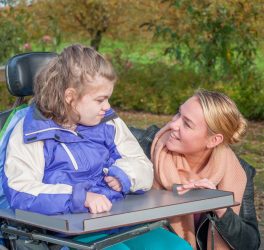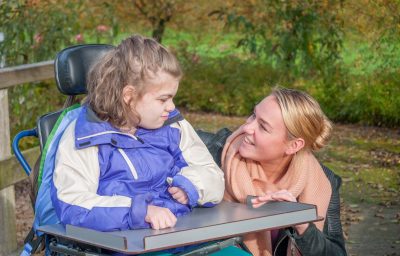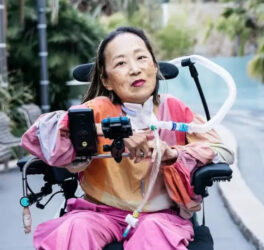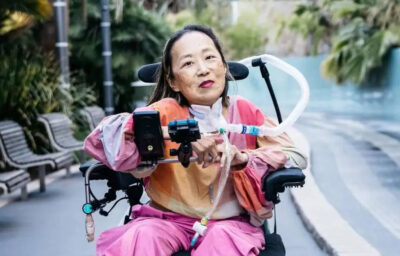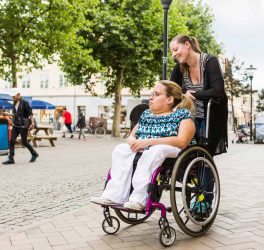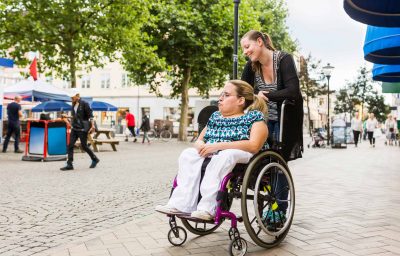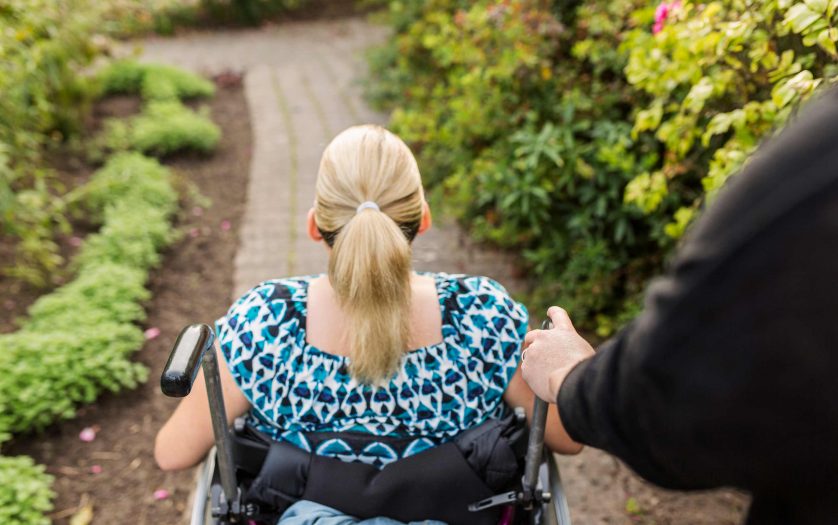
More support needs to be given to help people with disabilities quit smoking, a new Cancer Council NSW report says.
The study looked at research and government and disability peak body policies and strategies to examine the disproportionate smoking rates of people with disabilities.
It found that in Australia, the smoking rate for people with disabilities was nearly twice the rate of people without disabilities, and they experienced higher rates of cancer. They were more likely to be diagnosed with cancer later compared to people without disabilities, which could negatively impact their treatment and survival.
According to the report, people with disabilities faced unique barriers preventing them from quitting smoking. These included:
- financial hardship, which meant they couldn’t afford Nicotine Replacement Therapy (NRT)
- peer pressure, which was a key reason why people with disabilities started smoking. For example, almost half (47.1%) of Deaf or hard of hearing who smoked said they began smoking due to the “desire to be cool”
- physical inaccessibility of and lack of transportation to premises of quit smoking programs or providers of NRT.
- Understanding and addressing these barriers are crucial to reducing smoking rates and improving cancer outcomes for people with disabilities.
One solution is tailored support for quitting smoking, which the report found was lacking.
When it came to policies, the report said that national and state government strategies failed to address tobacco use and disability adequately. Out of 13 strategies for tobacco, health and other drugs, only four mentioned disability. Similarly, only two of 14 disability strategies mentioned tobacco.
The strategies also only identified the possibility of future research despite a need to help people with disabilities quit smoking and address poorer health outcomes.
Key recommendations
The report provided 14 recommendations for Cancer Council NSW’s Tobacco Control Unit, state and national Governments, health and disability peak bodies and researchers. They included:
- increasing awareness and lobbying for more action
- prioritising and funding of high-quality research
- developing disability-focused quit smoking programs in Australia.



